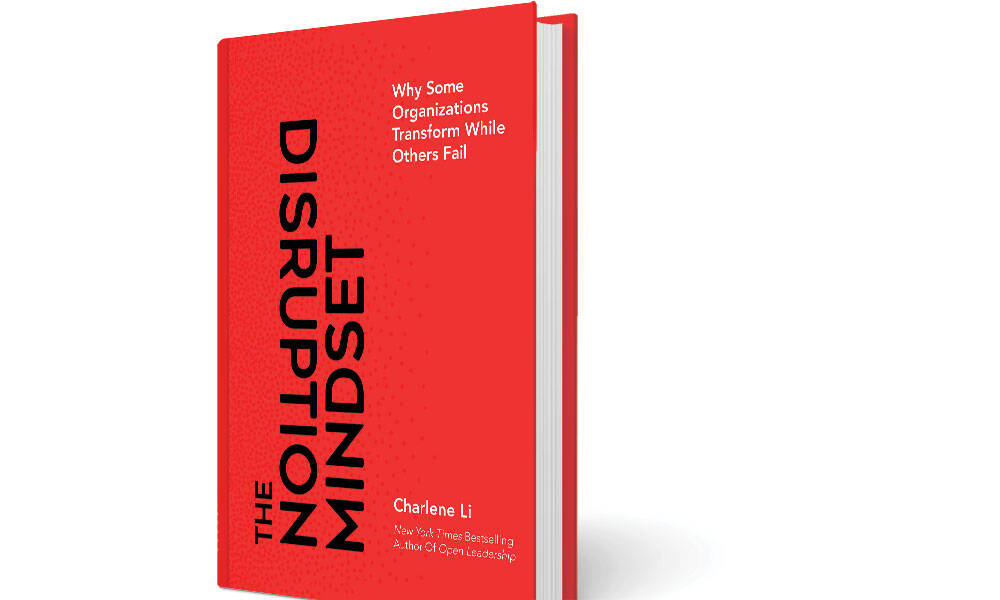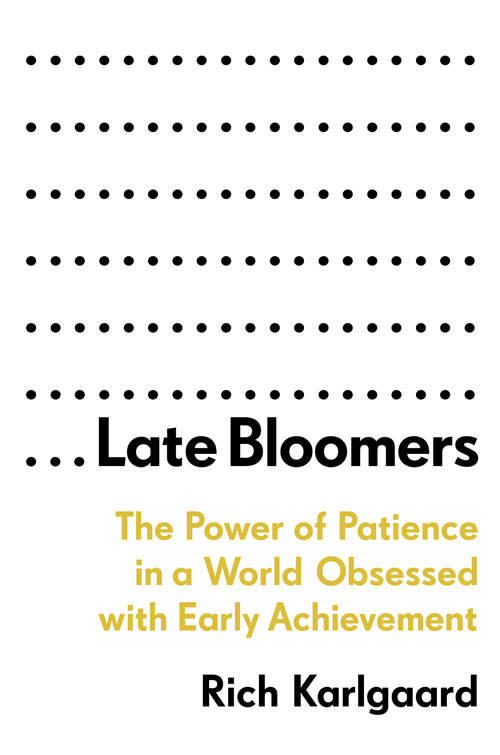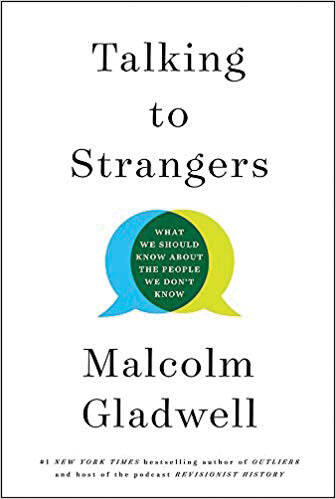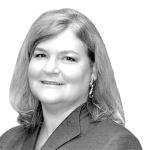
Books: Transformation Tactics
In the The Disruption Mindset, Charlene Li makes a case for less structure and more disruption.
The Disruption Mindset: Why Some Organizations Transform While Others Fail
By Charlene Li; IdeaPress Publishing; 229 pages; $24.95
In The Disruption Mindset: Why Some Organizations Transform While Others Fail, digital transformation leader Charlene Li tackles the tribulations of creating, leading, and—hardest of all—sustaining organizational disruption for greater growth. Basically, we’re doing it all wrong—backward, in fact.
A key point: At the core of our misguided strategies is an obsession with the wrong customers; we choose to meet the needs of current, not future, ones.
Only a well-integrated “disruption mindset” with plenty of “big-gulp moments” for leaders will ensure long-term success, Li writes. She cites as one example nonprofit founder Michael Osheowitz of Sponsors for Educational Opportunity, who realized that letting go of traditional leadership could transform SEO’s mission from boosting minority college graduation rates to leading a larger disruptive movement that could improve diversity in the banking industry, introduce minority students to never-considered careers, and solidify financial support by the investment industry for its programs.
Innovating for such disruptive movements and substantial growth involves an essential “flex culture operating system” with three performance requirements: adopting open and transparent leadership, creating a bias for action, and inspiring employees to act as owners. This foundation helps organizations disrupt at the “speed of opportunity” by making many small bets fast, returning to “a state of order” to recover, and then stretching again.
“What disruptive organizations do exceedingly well is build flexibility into the structure to support chasing after new opportunities to serve future customers,” Li writes.
Moves well beyond theory into the nitty-gritty with can-do optimism.

Late Bloomers: The Power of Patience in a World Obsessed With Early Achievement
By Rich Karlgaard; Currency; 304 pages; $28
This refreshing read by Forbes publisher and futurist Rich Karlgaard offers reassuring encouragement to the over-50 crowd wondering if they’ll ever reach full professional potential in the face of society’s obsession with wunderkinds.
“We are in danger of losing a valuable narrative about our lives: that we are capable of blooming at any age and in any stage of our lives,” Karlgaard laments. This loss has “robbed too many of us of a sense of control over our lives and our destinies.”
One key to late-life reinvention by leaders with unremarkable early-achievement records? “Repotting yourself in a better garden,” or moving to a healthier environment; squelching the “superpower that is self-doubt”; and quitting passionless jobs, unhelpful habits, and restraining friendships.
Ideal for association pros feeling like 50 is the new 70.

Talking to Strangers: What We Should Know About People We Don’t Know
By Malcolm Gladwell; Little, Brown & Company; 387 pages; $30
In asking “Why do our interactions with strangers so often go wrong?”, social researcher Malcolm Gladwell spends nearly 400 pages upending our smug confidence that we can astutely evaluate the character of new acquaintances. Data, however, shows that even judges and police officers routinely call it wrong.
This tendency to “default to truth” costs us big time, although Gladwell urges forgiveness versus lifelong paranoia. Most often, our assumptions are biased based on a stranger’s demeanor, and we punish or reward those who “mismatch” social norms. Results can be everything from lost investments (Bernie Madoff) to false imprisonment (Amanda Knox) to wrongful death (Sandra Bland, whose tragic traffic stop and suicide begin and end the book).
Gladwell answers his “why?” question but leaves us to address the “now what?” follow-up. His only advice: Use “restraint and humility.”






Comments